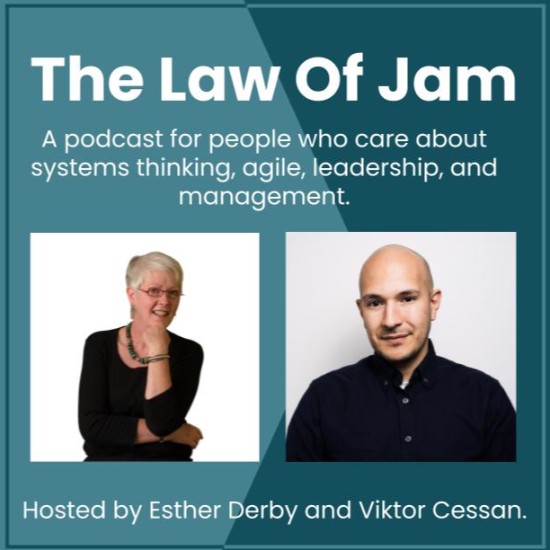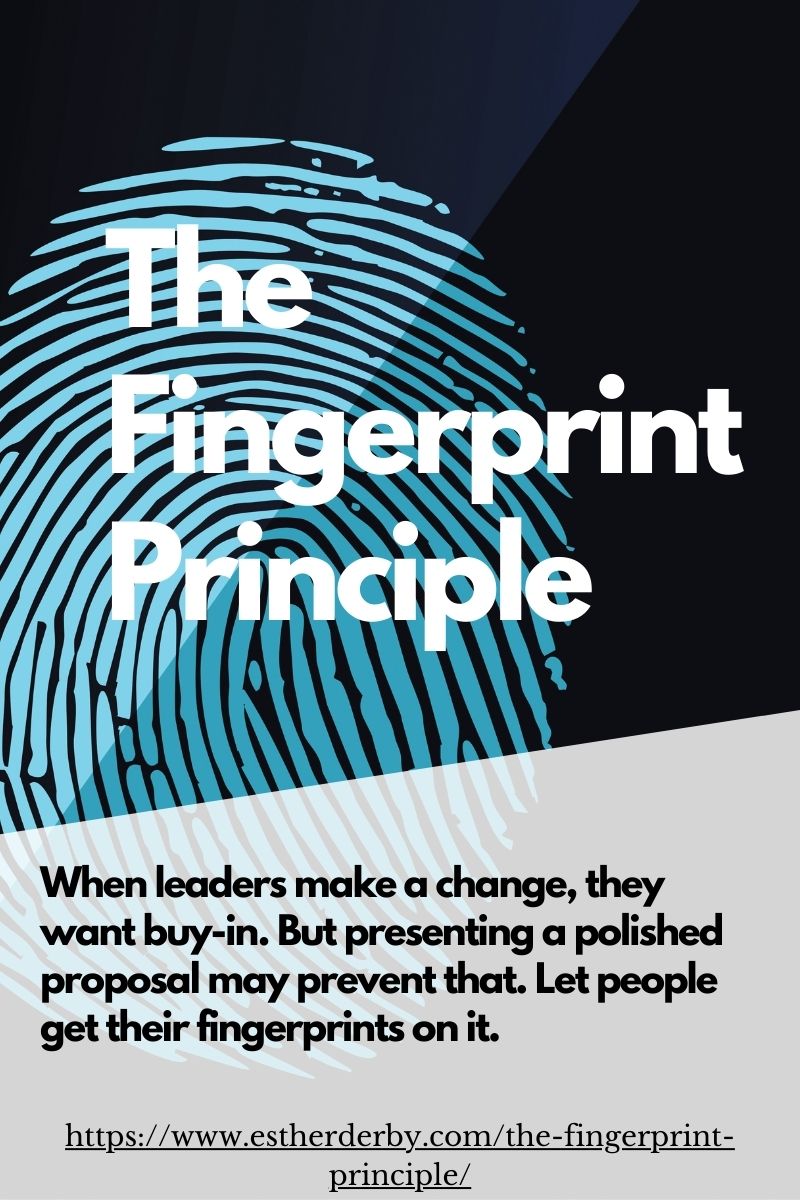I was recently interviewed for an article on how managers should handle office romances:
Office romance 101: Relationship advice for managers:46% of employees have been involved in an office romance. If you haven’t dealt with this issue yet, you surely will.
Here’s part of my interview with Esther Schindler.
ES: When do you judge that a relationship is romantic (and thus bears examination)? Presumably it’s no big deal for two people to have lunch together, but when do you notice (just to yourself) that you have a Dating Situation?
ED: As a manager, it’s really none of my business what people do with their time outside of work (unless it involves something like using company assets to run a side business).
It only becomes my business when there is behavior that affects work results and working relationships–or when behavior crosses a legal boundary, like public sex . Yes, the parking lot and the storage room count as public places. So does an office, even with the door closed. Really, I don’t make this stuff up.
It’s my business when two people are so focused on each other that they loose sight of the context—the work, the team, the office environment.
But this doesn’t only happen with love-birds. I’ve seen this dynamic when two people are locked in a hate relationship and are determined to make each other look bad, sabotage each other or refuse to work together when the job requires them to. (Some times the hate relationship follows the end of the love relationship.)
ES: Does your company (or HR) HAVE a policy about romance at work? What is it? Have you ever looked at it?
ED: A company I worked for in the past had a policy that applied to dating when there was a direct or indirect reporting relationship–and that made sense. Where there is a power difference, there can easily be an element of coercion. When the relationship is known (and they usually are) there’s almost always a perception of favoritism. And that gets in the way of work.
As for dating between between peers or where there isn’t a reporting relationship, you can’t stop attraction, and you can’t stop people falling in love. It’s going to happen, whether there is a policy or not. So let’s handle it like adults, treat employees like adults, and not pretend the company acts in loco parentis.
That said, “Don’t get laid where you get paid” is not a bad rule of thumb.
[Aside: I can’t believe they didn’t publish that bit of sage advice!]
ES: What do you do when the couple’s behavior matches expectations? (E.g. they keep it quiet, never let the relationship create a conflict of interest, etc.)
ED: Wish them well.
ES: How do you, as manager, keep an eye on this and stay fair?
ED: Well, I don’t watch the couple like a hawk. I observe the dynamics of the group and look at work results.
ES: What happens when the relationship creates a work distraction?
ED: Start with congruent feedback, based on observed behavior and impact. When people are in love, their brains are flooded with all sorts of chemicals that keep them from thinking clearly. Information about impact may make it though the haze.
ES: How do you handle it as manager when the couple breaks up, or is found making love in the storeroom, or creates an uncomfortable atmosphere?
ED: As long as the breakup doesn’t interfere with work, it’s not my business. If it does interfere, I give feedback. It the former couple can’t figure out how to work together and their animosity gets in the way, one of the former pair will often leave the group voluntarily. If you have to break up the fight, move both of them off the group. Moving only one too often results in other team members taking sides–another distraction from the work.
I usually talk about consequences after the second time I give feedback–talking about consequences when people haven’t had a chance to change can feel like a threat.
Unless there’s something illegal or egregious going on, then the message needs to match the seriousness of the situation.









Good, reasonable, and sensible approach. The rules are quite different in other cultures and other time periods. The Economist this week ran an article about “Workplace Fun” and what we can learn from the TV show Mad Men: in today’s world we force fun with silly games and promotions, but the secret to real fun at work might be simply access to alcohol and a more liberal approach to office romance. A little tongue in cheek with some truth: http://www.economist.com/node/17035923
There are politics in every office, and attraction is just one version. Like you said, hate can can just as damaging, and so can territorialism, cliques, and career-ladder climbing. Is there any real evidence that attraction and sex is worse for a team than a tight-bound work clique that excludes newcomers to the team? Yet again in America, sex seems like the least of our problems yet we continue to pour our energy into preventing it.
As you point out, there are all sorts of dynamics that get in the way of work. Why single out one?
It is sort of interesting the level to which companies try to control employees behavior. I’ve seen explicit policies about romantic relationships; other forms of social control are implicit, but still powerful.
Particularly in the upper reaches of organizations, there are unspoken rules about the clubs you belong to, leisure activities, etc. Some of this is explained by the tendency of of hiring and promoting managers to choose people who are like them.